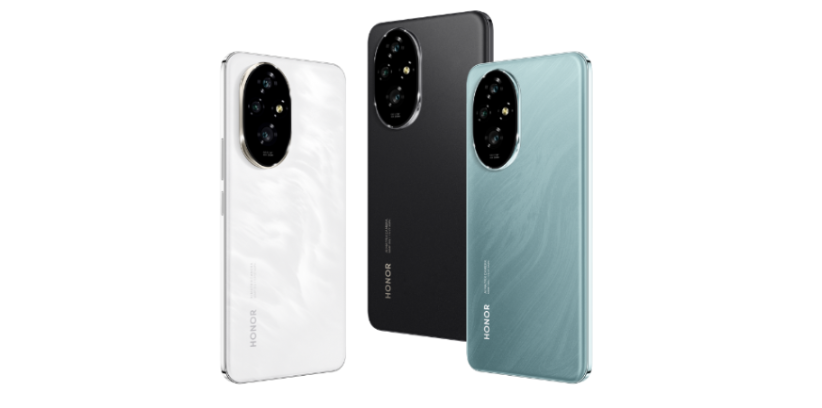Smartphone health apps are revolutionizing personal healthcare. These apps promise to track, monitor, and improve health with just a few taps. From tracking steps to monitoring heart rates, they claim to provide a comprehensive health overview. But how beneficial are they really? This article delves into the most popular health apps, their tracking methods, accuracy, and overall benefits to users. By examining these aspects, we can determine if these apps genuinely enhance our health or if they fall short of their promises.
What Are the Most Popular Smartphone Health Apps?
Numerous health apps dominate the market, each offering unique features:
MyFitnessPal: A comprehensive app for tracking diet and exercise. It boasts a vast food database and easy meal logging.
Google Fit: Android’s answer to Apple Health, it tracks activities and integrates with other fitness apps.
Fitbit: A leading app paired with Fitbit devices, it tracks steps, heart rate, sleep, and more.
Strava: Popular among runners and cyclists, it tracks workouts, offers social features, and detailed performance analytics.
Headspace: Focused on mental health, this app offers guided meditation and mindfulness exercises.
Sleep Cycle: A sleep tracker that analyzes sleep patterns and helps improve sleep quality.
Couch to 5K: Ideal for beginners, it provides a structured plan to get users from inactivity to running a 5K.
These apps cater to different health needs, making it easier for users to find one that fits their lifestyle.
How Do Health Apps Track and Monitor Your Health?
Health apps use various technologies to monitor health metrics:
Sensors: Smartphones and wearable devices have built-in sensors like accelerometers and gyroscopes to track movements.
GPS: Used for tracking outdoor activities like running and cycling, providing accurate distance and speed data.
Manual Entry: Users can input data such as food intake, water consumption, and symptoms.
Integration: Apps sync with other health devices (e.g., smart scales, blood pressure monitors) for comprehensive data.
AI and Machine Learning: These technologies analyze patterns in data to provide insights and recommendations.
For example, MyFitnessPal allows users to scan barcodes of food items to log meals quickly. Fitbit devices monitor heart rate and activity levels, syncing data to the app for detailed reports. Sleep Cycle uses the phone’s microphone to detect sleep sounds and movements, analyzing sleep quality. These methods ensure accurate and personalized health monitoring.
Are Health Apps Accurate and Reliable?
The accuracy of health apps varies widely:
Fitness Tracking: Apps like Fitbit and Strava are generally reliable for tracking steps, distance, and heart rate. However, factors like device placement and user movement can affect accuracy.
Diet and Nutrition: MyFitnessPal’s food database is extensive, but user-entered data can be inaccurate. Portion sizes and food choices can vary, impacting calorie counts.
Sleep Tracking: Apps like Sleep Cycle provide insights into sleep patterns but may not be as accurate as professional sleep studies. Environmental factors and phone placement can influence results.
Heart Rate Monitoring: Wearable devices provide continuous heart rate data, but they can be affected by factors like skin tone, tattoo ink, and device fit.
Mental Health Monitoring: Apps like Headspace are beneficial for mindfulness and stress reduction but cannot replace professional mental health services.
Despite these limitations, many users find health apps beneficial for motivation and awareness. A study by the American Journal of Preventive Medicine found that health app users are more likely to engage in healthy behaviors. However, it’s essential to use these apps as supplementary tools rather than sole sources of health information.
What Are the Benefits of Using Health Apps?
Health apps offer several advantages:
Convenience: Health apps provide easy access to health data and tracking tools, allowing users to monitor their health anytime, anywhere.
Motivation: Features like goal setting, reminders, and social sharing help keep users motivated and accountable.
Personalization: Many apps offer personalized plans and recommendations based on user data, helping to tailor health and fitness routines.
Awareness: Regular tracking increases awareness of health habits and progress, encouraging healthier choices.
Integration: Health apps often integrate with other health devices and apps, providing a comprehensive view of health metrics.
For instance, tracking daily steps with Fitbit or logging meals in MyFitnessPal can help users identify areas for improvement. Apps like Headspace promote mental well-being by offering daily meditation exercises. By using health apps, users can stay informed and proactive about their health.
Preserving Digital Memories: Creating Photo Books from Your Smartphone(Opens in a new browser tab)
Conclusion
Smartphone health apps are valuable tools for enhancing health and well-being. They provide convenient, accessible, and personalized health tracking and insights. While there are limitations in accuracy and reliability, these apps can motivate and educate users on maintaining a healthier lifestyle. Whether tracking fitness, diet, sleep, or mental health, health apps offer numerous benefits. However, it’s important to use them as part of a broader health strategy, including professional medical advice. By leveraging the power of technology, users can take control of their health and achieve their wellness goals. For more information on the latest smartphone innovations, check out the HONOR 200 uk.
